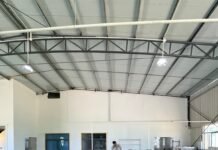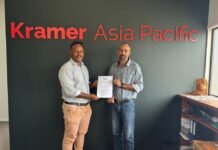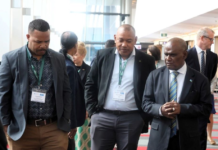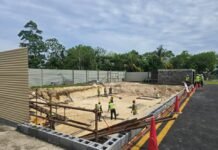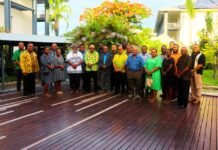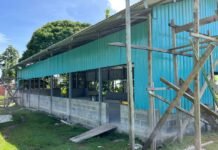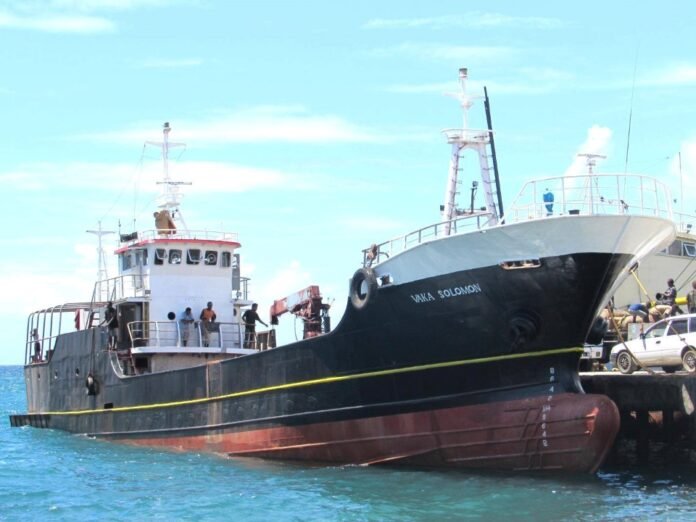BY JOHN HOUANIHOU
LOCAL chief engineer Lux Tannie has shared his experience about the harsh reality faced by seafarers and mariners who are employed as cheap labor by ship owners in the Solomon Islands.
In an interview with SUNDAY ISLES, Tannie, a chief engineer on board MV Vaka Solomon, said the Government for National Unity and Transformation (GNUT) needs to address the harsh and demanding conditions on ships faced by seafarers and the role they play in the economy of the country.
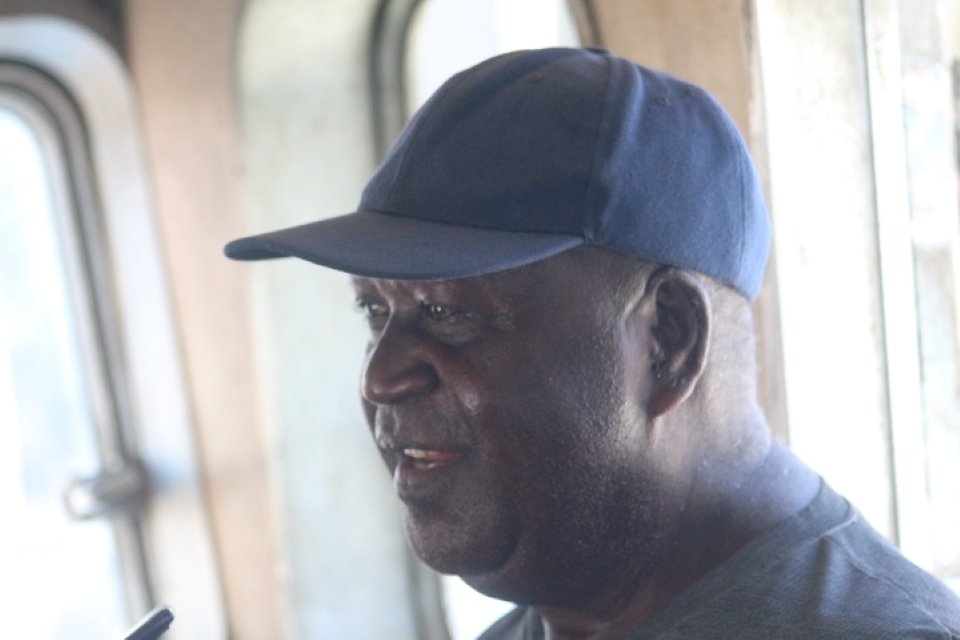
His appeal not only highlights the demanding conditions experienced by seafarers but also aims to raise awareness of the needs of seafarers— the often unseen, vital workers that keep our economies going, but often at great personal cost to themselves and their families.
Tanie, a seafarer from Ropa village in the southern region of Choiseul province, has been working for nearly 30 years and has highlighted the significant role of seafarers in the development process, particularly in the transportation of goods and services across the country.
The challenges faced by seafarers, according to Tannie, were low wages, rough seas, and sleepless nights, missing family, and traveling without the proper amount of food.
“The standard of salaries, for example, caters to the role seafarers’ play. The goods and services were moved from Honiara to the provinces by us, the seafarers.
“This is because the salary we receive would compensate for the work we do and the hardship we faced. Many times, we leave our families back at home, and to sustain their lives, they need money. This includes school fees, food, and other basic essentials,” Tannie said.
Tannie, while acknowledging the current development at the Solomon Islands Ports Authority, called on the government to improve and upgrade vital services in the country’s shipping industry.
“The government has been assisting, but not much, I can say. Like, for example, assisting ship owners to upgrade their ships to a certain standard for the safety of seafarers and passengers,’’ he said.
He said that so far, the Solomon Islands Maritime Authority (SIMA) has started to work on areas such as improving vessel policies that ship owners must comply with.
“SIMA, with the help of the national government, is starting to make adjustments to these seafarers’ services, for example, wharfs and wages, but I think it would take time to see these developments come into force.
“So that is my call on behalf of all the seafarers in the country, for recognition of our role and to consider helping us, ship owners, in one way or another,’’ Tannie said.
On a similar note, Captain Clement Tarasa of MV Uta 2 Prince also expressed that seafarers also deserve to go abroad to upgrade their skills and knowledge to equip them well for their job.
“One of the ongoing supports from the government is sending people to go and work as farmers (Labor Mobility). The government should also send seafarers to work on vessels abroad. It’s only an idea,’’ Captain Clement told SUNDAY ISLES.

25-year-old Tarasa said that he believes that by doing so, it would be a bonus for local seafarers in the country.
He also called on ship owners to recognize the welfare of their employees so they could be able to support their families at home.
“We usually leave our families at home. We don’t do work or help out with housework. So, by helping us, we can also be able to support our families financially while we go out at sea,’’ he said.
Mr. Tarasa also called on SIMA, through ship owners and the national government, to upgrade most of the ships operating in the Solomon Islands.
‘Now a days we need big iron-steel ships to meet our areas of operation. We just cannot depend on wooden ships. It would be wrong for a wooden ship to travel to Temotu, for example, because the ship cannot meet the rough sea at such long distances and poses a risk for cargo and passengers,’’ he said.
He said that it was time for the new government, SIMA, and ship owners to take into account the importance of seafarers works and improve shipping service in the country.






